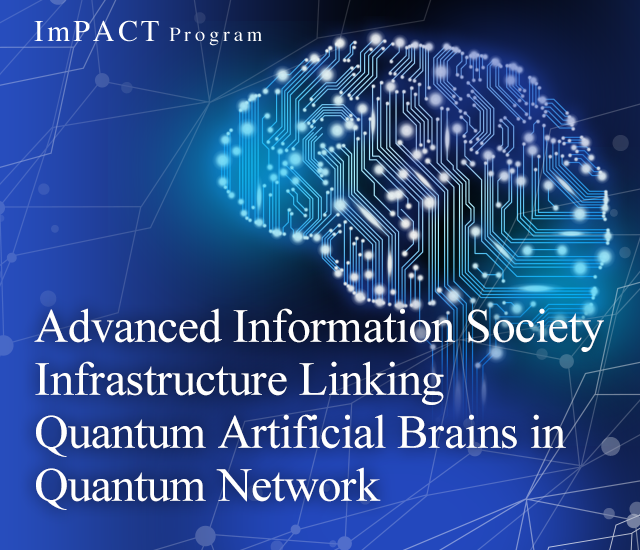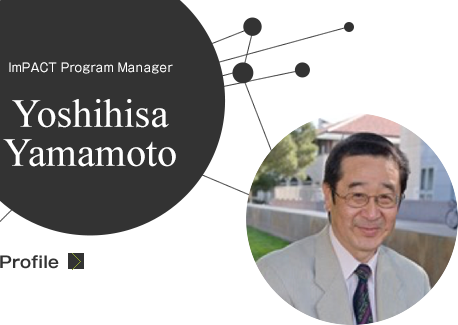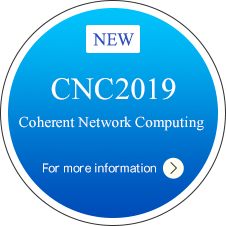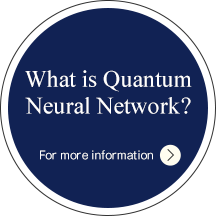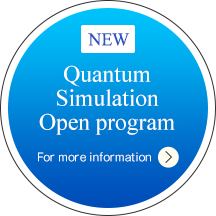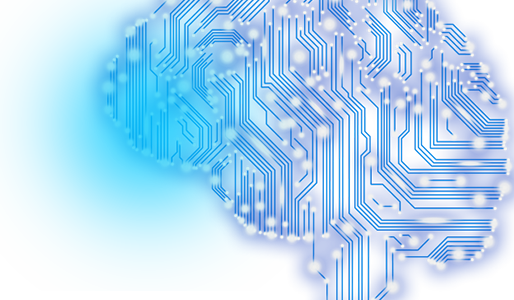

Researchers and scientists familiar with the quantum theory are well aware that the real world can be described using a few basic principles of quantum mechanics.
Classical reality emerges from a quantum substrate as an exceptional case through system-reservoir interaction and superselection rules.
Because we live in a classical world, we tend to think of the classical reality as unremarkable—even rather boring—and the quantum realm as special and worthwhile to study, but in fact the opposite is true: the quantum is universal and the classical is atypical.
Many breakthroughs in modern technology that have revolutionized society are based on discovering the wisdom of the natural world in which quantum principles are incorporated in the classical systems.
In nuclear magnetic resonance, transistors, lasers, superconductivity, Bose-Einstein condensation, quantum Hall effect, and other macroscopic quantum phenomena, quantum effects largely disappear from center stage as they are put into practical service in the real world.
Previous research in quantum information processing sought ways to exploit artificial tricks for directly implementing quantum mechanics in the classical world.
But the penalty for this sort of brute force approach is not trivial, and in fact constitutes a significant barrier to practical deployment.
The primary objective of the ImPACT Project is to create ideas in coming up with ways we might incorporate useful quantum concepts in the resilient classical world. We are focusing on three areas in particular: quantum neural network, quantum secure network, and quantum simulation.
If these quantum R&D projects succeed, the new technologies will be subjected to rigorous testing to see if they really outperform the prevailing technologies: super computers, modern cryptography, and digital computer simulation.
In other words, the purpose of the ImPACT Project is to identify the failings of current mature technologies and show how quantum technologies might remedy those deficiencies.
We focus on combinatorial optimization problems and Boltzmann sampling, encryption and decryption in communication and computing, strongly correlated electron systems, and so on.
Needless to say, these are critically important issues for the future artificial intelligence, secure communication and cloud computing, and room-temperature superconductivity.
Rather than asking if it is "a quantum or a classical approach," we should be asking "if a quantum approach gives us an advantage in overall performance."

